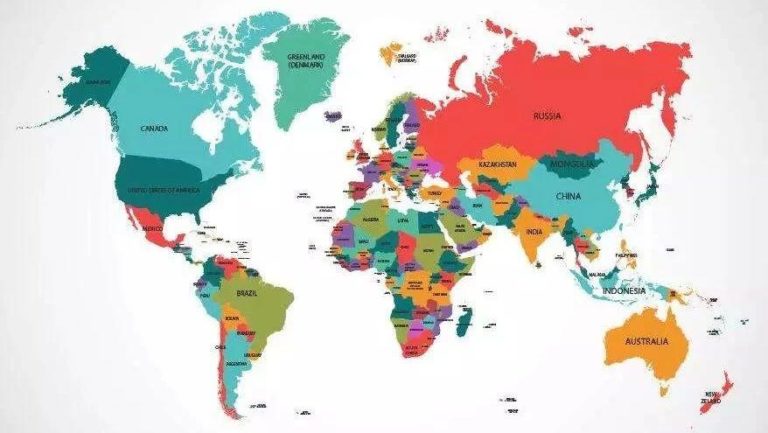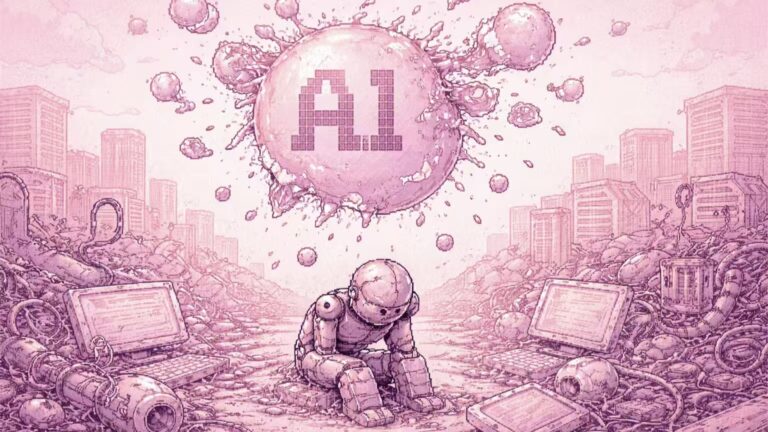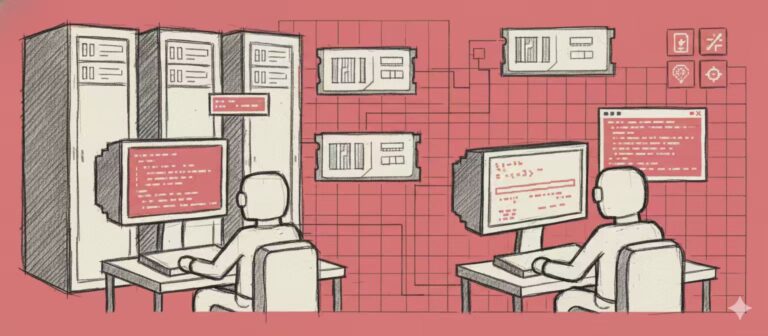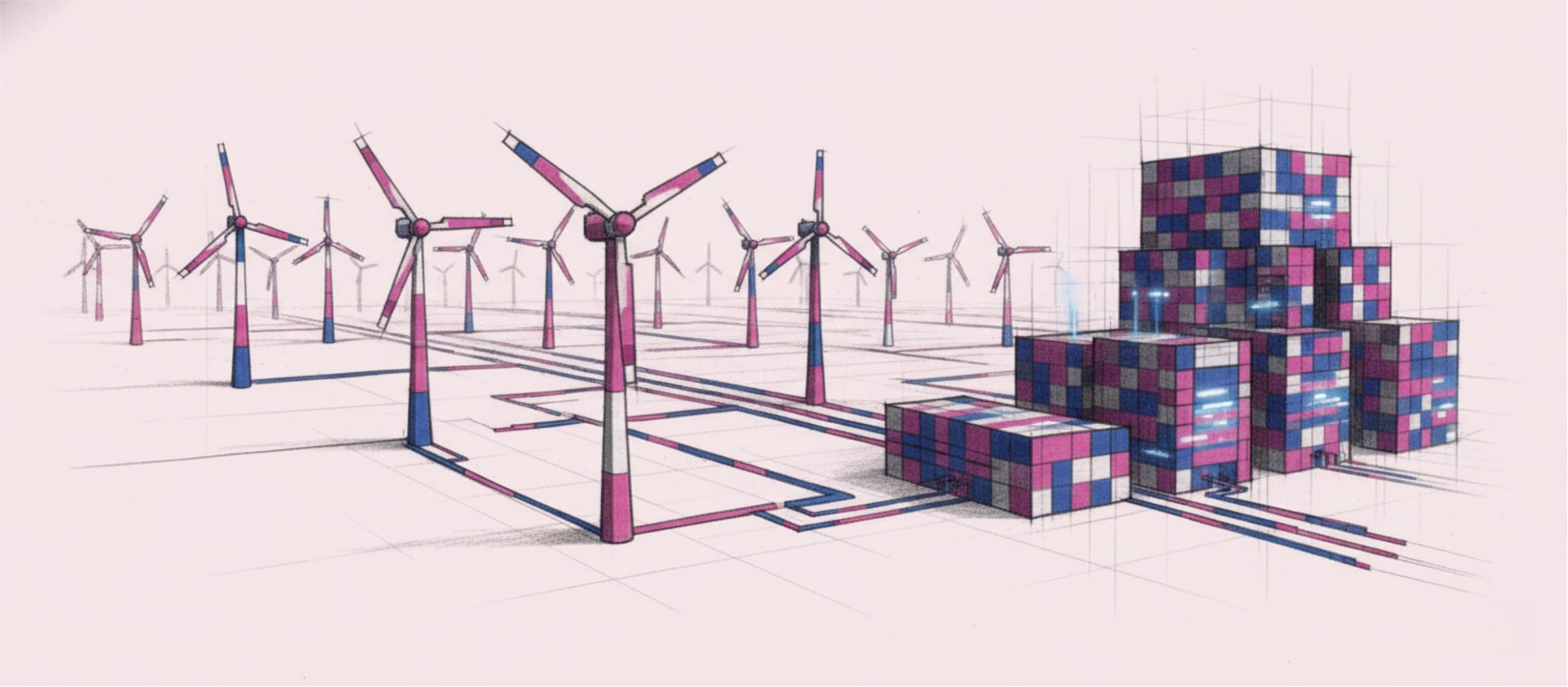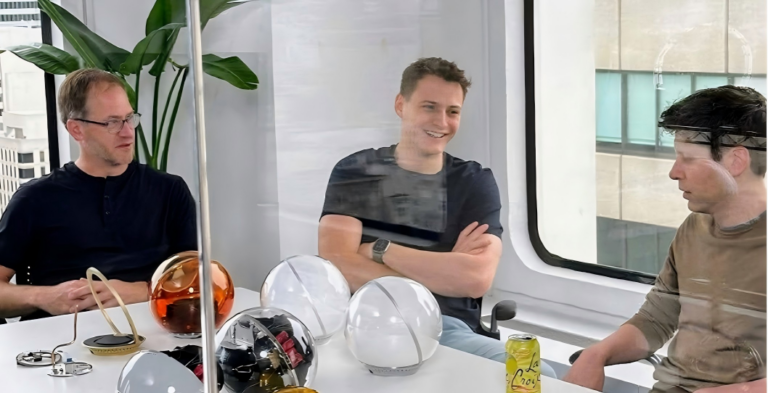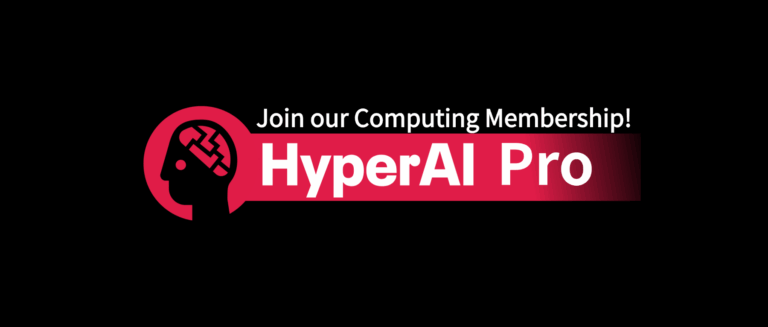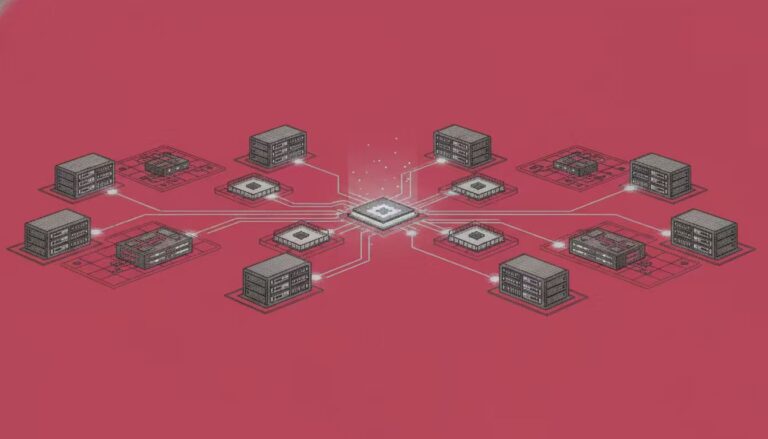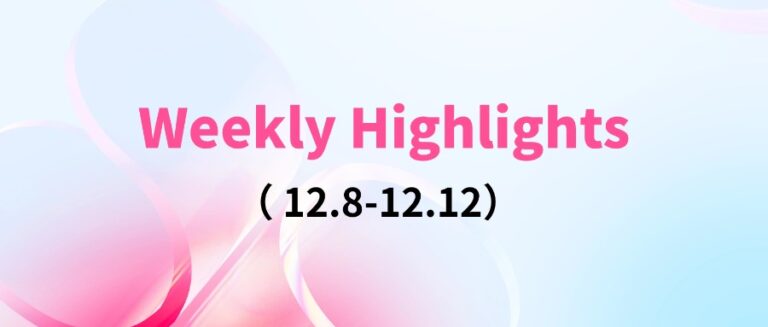HyperAI Introduction
Google probably wants to dominate the world. On the one hand, it wants to knock down China's high walls, and on the other hand, it is gathering strength in the third world. They are planning to set up an AI research laboratory in Accra, the capital of Ghana, Africa, hoping to bring AI to Africa.
Why is the new base in Africa?
In fact, Google has been planning to expand into Africa for a long time.
In 2010, at the GSMA Mobile World Congress in Barcelona, Google CEO Eric Schmidt,When talking about Android, he said that most countries in the world are using the Android system, except Africa.
Of course the main reason was that Huawei and Xiaomi had not yet sold their products there at that time.

Coincidentally, at the 2013 Google Annual Developer Conference, a speaker, while talking about Google Cloud, said that Africa is one of the few countries in the world that does not use Google Cloud.
However, Africa has a global population of 1.25 billion, so it is of great significance to develop the civilization and commerce of third world countries and make them potential development markets.
To this end, as a representative of social enterprises, Google has begun to carry out a large amount of infrastructure construction in Africa. In addition to conventional hardware construction, it also carries out technical training and improves the African entrepreneurial ecosystem.
Why choose Ghana?
AI can be said to be what Google considers the key to its future, so setting up an AI lab is not only a solemn but also a very important thing for Google. For example, in China, although most services are not available, the China AI Center was established in Beijing as early as last year under the announcement of Fei-Fei Li.
So when Jeff Dean, head of Google AI and Google Brain, announced the establishment of an AI lab in Accra, Ghana, many people wondered, "Why Ghana?"
Interestingly, when former US President Obama visited Africa, the first country he visited was also Ghana, and someone also asked “Why Ghana” at that time.
The answer is simple – Ghana is the future of Africa.
Ghana is located in western Africa. Its full name is the Republic of Ghana, and Accra is its capital. Ghana is mainly based on agricultural processing industry. It is a relatively developed country in Africa and also an ideal commercial center in Africa.
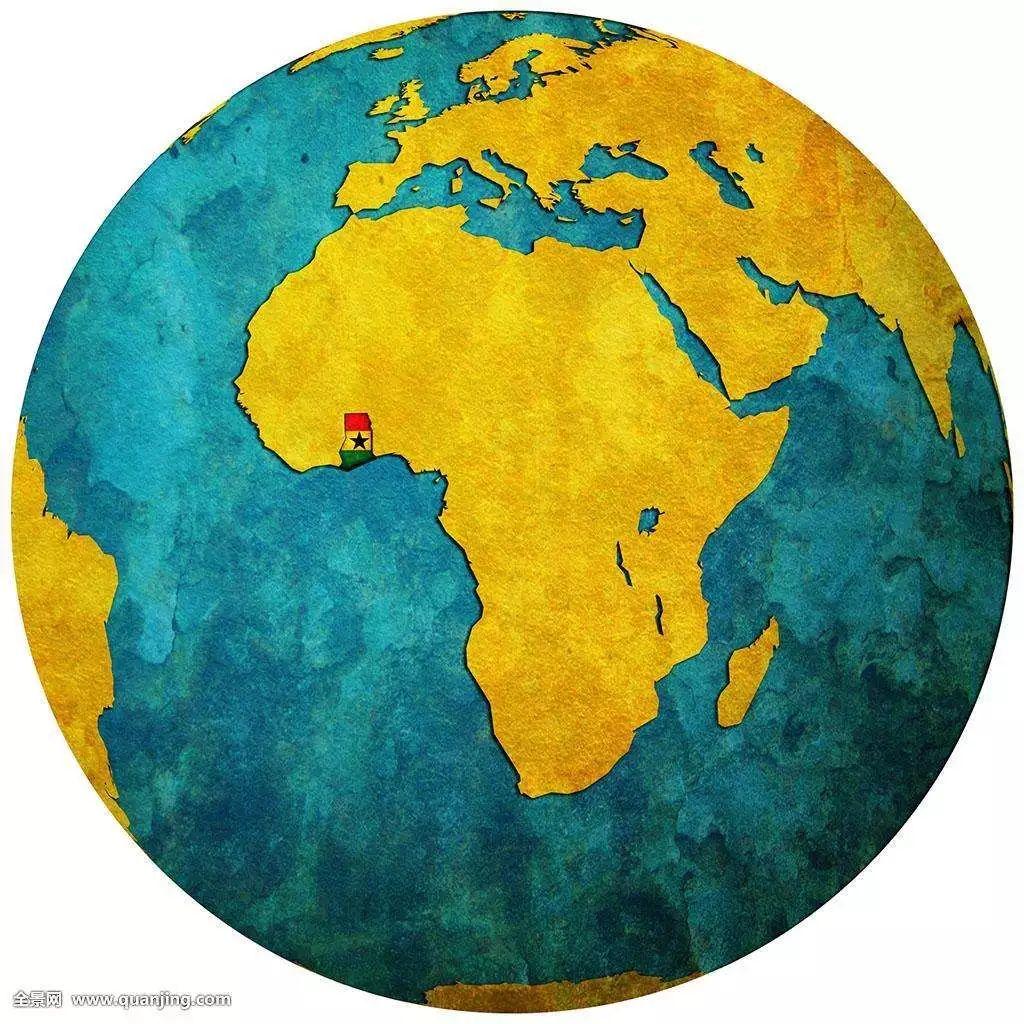
Although Ghana's market advantages are not as good as those of Nigeria and South Africa, it is a place where people can live and work. With relatively stable electricity, good public security and a good Internet infrastructure, Google has also been an important investor in academic research and infrastructure construction in Ghana.
The relatively stable domestic and international environment has also made Ghana's education level higher than most African countries. The famous Ashesi University is located in Ghana, and it also attracts many people from neighboring countries.Today, most parts of Ghana have access to stable Internet services, and the capital Accra has Internet speeds comparable to those in California.
Compared to 2010, when Android phones were hard to find, Africa has changed dramatically in recent years.
A recent report on Ghana's mobile market released by Jumia, Nigeria's largest e-commerce company, shows that Ghana has become one of the largest mobile markets in Africa, with approximately 34.57 million users and a mobile network penetration rate of 119 %.
Why study AI in Africa?
In recent years, Africa has been affected by many aspects, such as famine, disease, poverty and various conflicts. Conducting AI research in Africa does not seem to be a wise choice.
However, Africa holds many secrets about humanity. After all, it is the birthplace of our ancestors and the Jinkela - AI can help unlock these secrets.
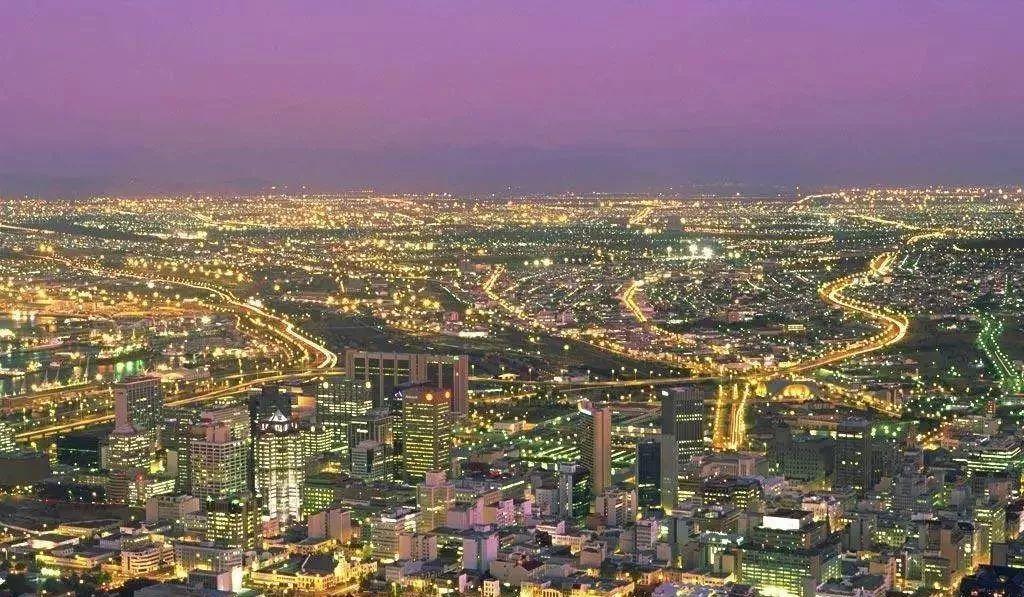
Night view of Cape Town, the capital of South Africa
Another most important reason is that, in Google's eyes, Africa is like the Chinese market in 2000, with a large population, rich and conflicting cultures, and an Internet industry that is in need of development.
However, Google failed to seize the best development opportunity in China. Not only Google, but most foreign Internet companies also failed to do well.
But in Africa, Google hopes to penetrate deeper into the African market through AI, and even integrate into the development of Ghana and even the African continent in the next 20 years.
Africa has entered 2.0 internetera
When talking about the African innovation model, Miller, an expert on Google's urban projects, believes that due to Africa's unique environment and historical background, it is difficult to replicate the innovation model of cities like Silicon Valley.What is needed is more innovative models like China's Alibaba, Ant Financial and Tencent.
-
M-Pesa Mobile Wallet (Alipay Kenya)
M-PESA is a mobile banking service launched by Kenyan mobile operator Safaricom. This service covers the vast majority of mobile phone users in Kenya and is gradually expanding to other parts of Africa.
As early as March 2007, the mobile banking service was launched, which can realize the functions of deposit, withdrawal, remittance and mobile phone recharge.M-Pesa has an adult penetration rate of over 90% in Kenya, with 130,000 deposit and withdrawal points nationwide. Almost all large, medium and small shops in the country support M-Pesa payments.
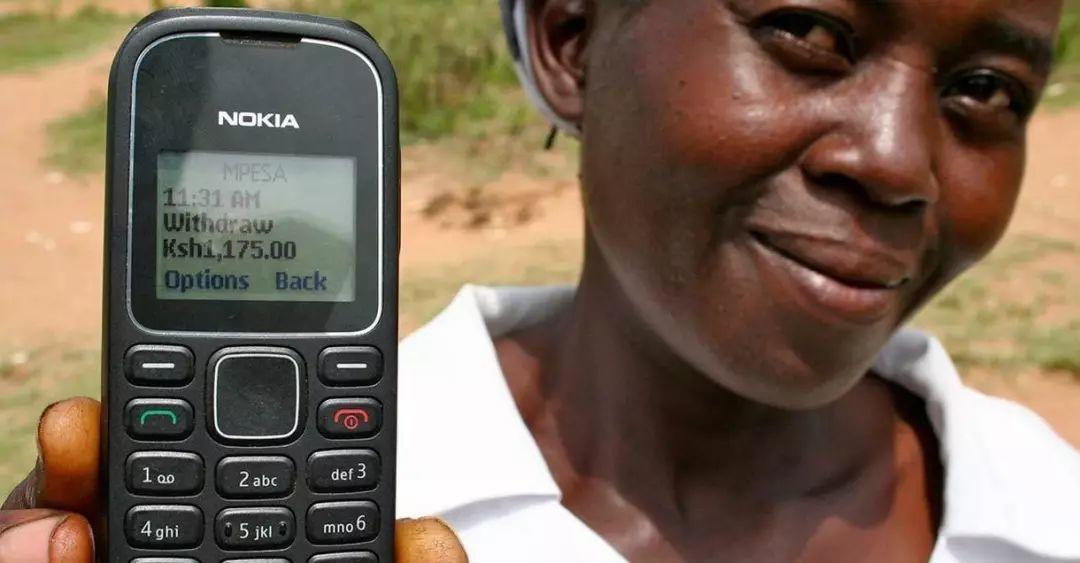
M-PESA gained a large number of users with the slogan "Transfer money home"
The platform's turnover accounts for nearly 40% of Kenya's GDP (in comparison, the turnover on Alipay is only about 10% of China's GDP), directly creating nearly 200,000 jobs. This is already a huge ecosystem, but in recent years,The development of M-PESA also showed signs of weakness.
-
E-commerce platform Takealot (JD.com South Africa)
Founded in 2011, South African e-commerce company Takealot adopts the JD.com model, which is to build its own warehousing, logistics and distribution.The complete ecological chain requires that merchants' goods must first be delivered to Takealot's warehouse, and then delivered to customers through its self-built logistics company Mr.D, giving buyers a good customer experience. Similar services are still very scarce in South Africa.
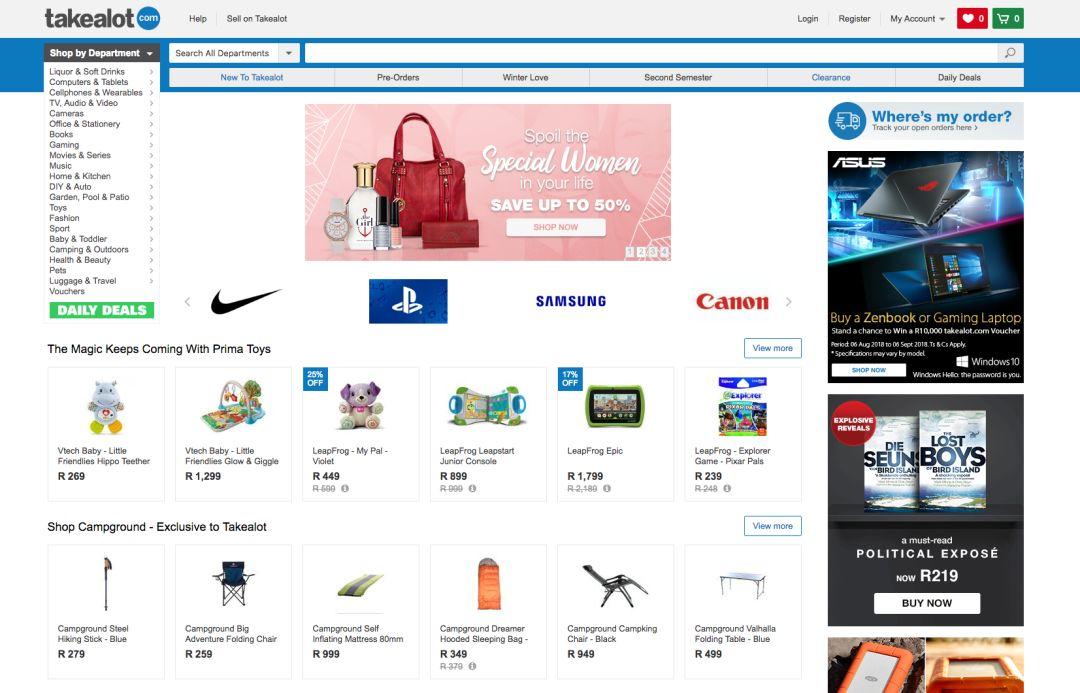
Takealot official website
It is worth mentioning that Takealot's shareholders Naspers (Tencent's largest shareholder) and Tiger Management, whose investment of 960 million rand (about 500 million RMB) is enough to support Takealot's round after round of advertising and marketing, making it the leader in the South African e-commerce industry.
Although Takealot has not yet made a profit,But referring to the big brothers in the industry, in order to break even, Amazon used8Years, JD.com spent12Year.
Expert Miller is indeed right. Just as the mobile Internet has grown rapidly in China in recent years, the mobile Internet revolution in Africa has already begun quietly.
